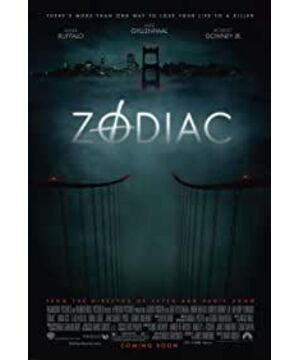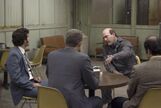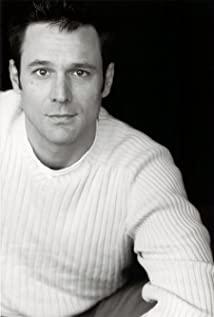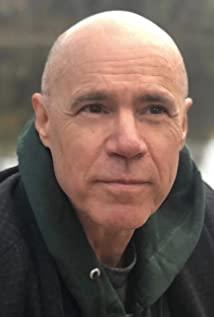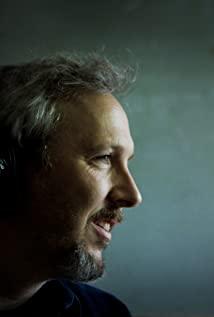The first thing that people fear the most is definitely not facing death and distress, but the most terrifying thing is to let one's soul lose eternally in the endless loss caused by failure. Anyone who thinks this way will definitely play the leading role in a tragedy in the past. What's bad is that this role has no ending, so it has to be played forever. The human psychology must be the result of the pursuit, and only when you see the ideal ending can you do the next thing with peace of mind. The more important things a person faces, the stronger the soul's reaction. The sad thing is not over, it is just a scar of festering human heart.
Such people are a minority, and they are not easy to understand. When such people bear endless pressure in their hearts, they are more like a kind of out-of-control person in the eyes of others, more like standard lunatics in people's eyes. In fact, these lunatics have indeed gone from dealing with life in the beginning to resisting despair and sorrow with all their strength. The appeal of "Zodiac" is actually that simple. The unsuccessful case of the famous and notorious Zodiac killer and the mystery of the killer itself are not legendary stories to be told by David Fincher. The important thing is what life experiences are experienced by almost all parties who are shaking up human life, society, and civilization like the Zodiac.
So, through the image of David Fincher, we can see almost all, except for the true face of the Zodiac. In other words, the world shown in "Zodiac" and the people living in this world must be sad and failed. It is this failure, which covers the confused world created by the negative psychology of human nature. Don't think that a killer movie, a director who has filmed "The Seven Deadly Sins", must be the ultimate work with superb methods and full of entertainment. Because David Fincher's "Zodiac", which returned in a long silence, is more accurate, extremely serious, and almost reveals the objective reality of a certain aspect of human nature.
It is still human nature. David Fincher's display of human nature this time is extremely calm and restrained, and the characters who accept these destinies interpret the footnotes of failure in such a situation. When a character in a movie is disintegrated from the initial smugness to the final disintegration, the viewer can recognize the helplessness and disappointment of being swallowed by the cruel soul. Thus, when the young journalist played by Jack Gyllenhaal got married and had a family, he was still so obsessed with the truth about the Zodiac, that the family turned his back on him. The viewer finally understands how well-intentioned David Fincher's role is. A man gains recognition and self-confidence from the killer zodiac individual. Although this positive encouragement is burdened with a dark background, the joy of success allows him to walk down the road according to his own preferences. Those who pursue the mystery have one thing in common, that is, they believe that justice can eventually overcome evil. Of course, if you go on a long road supported by such a sense of justice, you will have to face the life of being questioned, subverted, and denied embarrassingly. Because, people can always forget those troubles that entangle themselves, this is out of instinct protection and a gift of time. Therefore, the madness of such a firm and determined person is a tragedy, and David Fincher, who gifted the whole tragedy to the public, objectively reproduces the harm that must exist in life and that will never change.
Movies like "Zodiac" are dark and helpless in themselves, and it's normal not to see any sunlight. To express this evil that cannot be cracked in civilization, we must also take into account a positive attitude. The internal power of "Zodiac" is still abundant. The Korean films "Memories of Murder" and "The Voice of That Guy" are excellent works of this kind of theme, but the main thrust is to eulogize the strength and compassion of human nature, and the sunny feelings in the film are obviously traceable. Only "The Twelve Houses" truly reproduced the real situation of humans facing this kind of pain. This situation has always contained a kind of desperate power. The taste of this power is indeed a feeling of suffering that the audience can experience. Although David Fincher murdered this feeling in a gentle and dull way, the core shock was still the same. Some things, like those victims in the film, are waiting to be slaughtered in anxiety. However, in the face of such a dark theme, David Fincher is standing on a high place to show his thinking. Therefore, "Zodiac" is not so gloomy and sad.
It seems that "Zodiac" does not have the power to make people think, and some are just hopeless pursuits. It is this kind of microscopic display set in the macro and objective that is the charm of the film. David Fincher's unique coldness and noise mix with the taste of the world. Therefore, the historical reappearance of American style in the 1960s makes the film wrapped in a vague sense of time. This kind of long-distance theory drove the mood of the film, and the process of reappearing the tragedy became the key expression of human psychology. The philosophical speculation expounded by David Fincher can be safely realized in this mood. After all, humans are animals that seek a sense of security, and are unwilling to be touched by those previous injuries. And David Fincher tells people by touching these pain points. The greatness of human nature is that it can not only use the body and mind to fight against evil, but also use the soul to defeat evil.
http://blog.sina.com.cn/s/blog_54066e5e01000aa6.html
View more about Zodiac reviews


